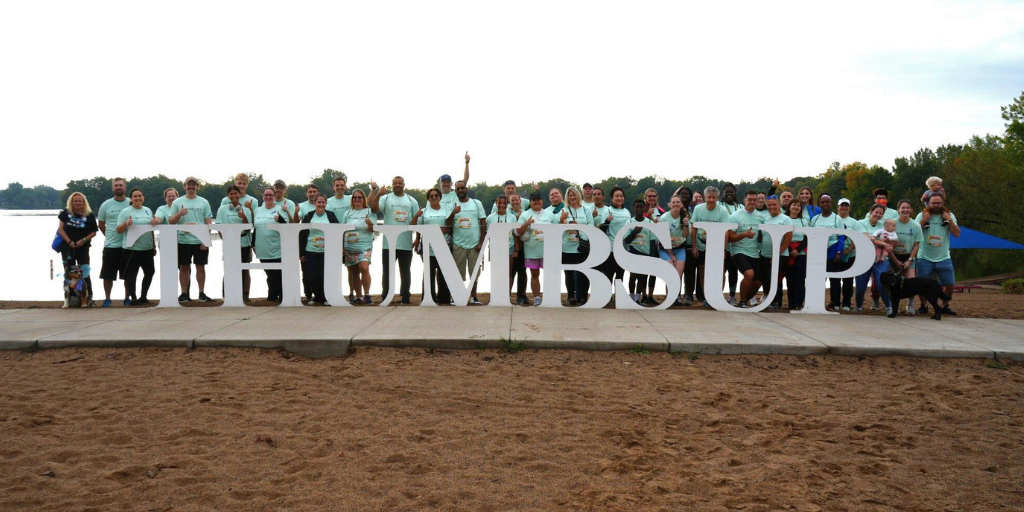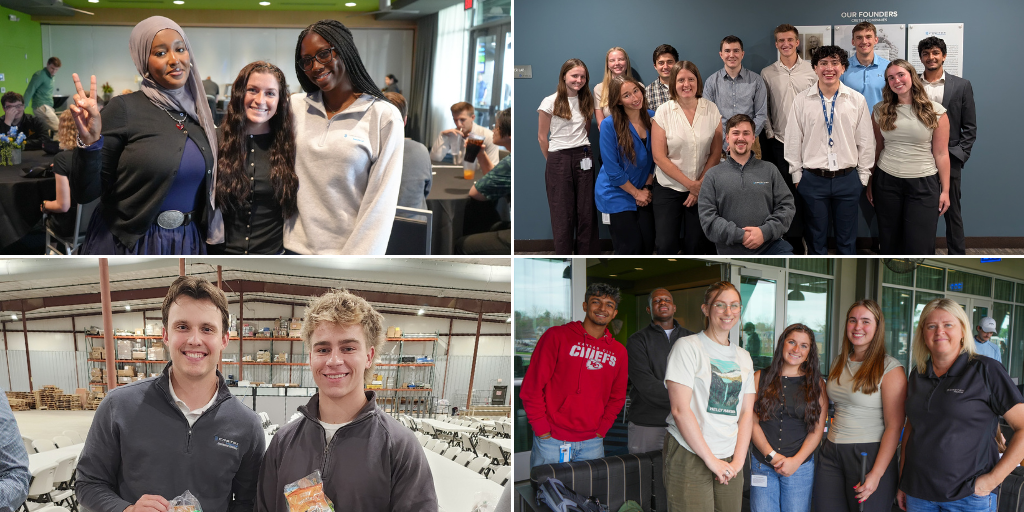Angie Hillyard joined Spectralytics in her current role in March 2020. She leads a technical team that works directly with customers to develop component solutions to meet the complex requirements of state-of-the-art medical devices.
Her team is responsible for various stages of component production including program and project management, process development, production support and process improvement.
Angie has decades of experience in medical device engineering including more than fifteen years of engineering leadership experience; ten years of experience in manufacturing process development for coronary and peripheral vascular devices, diagnostic, and disposable products; and seven years in spinal implant and surgical instrument development. She is passionate about the medical device industry and about contributing to products that improve people’s lives.
As a leader, she fosters a collaborative environment and is continually striving for improvements at all levels. Angie leads by example and through personal expertise, direct involvement, providing clear direction, and timely feedback.
What first drew you to medtech? When did you first know you wanted to be in the industry?
Hillyard: I went into my mechanical engineering degree thinking I would pursue a career in the industrial or heavy industries after college. I really did not know about opportunities for Mechanical Engineering in the medtech field until after my sophomore year of college when I had the opportunity to intern at Medtronic. That internship opened new a world of possibilities for me. After seeing so many various product types and how they directly and positively impacted lives I knew I found my calling. From that point on, I was only interested in pursuing a career in the medical device industry and have worked in medtech ever since.
What projects, past or present, have made you love what you do?
Hillyard: I have been fortunate to work on a wide variety of product types that have been individually rewarding. It is great to know the work you are doing is meaningful and has tangible positive impacts. When I worked on spinal implants, I found it very rewarding to know those implants were improving patients’ mobility, providing relief from chronic pain, increasing ability to perform day-to-day activities, and improving their overall quality of life. I have also found a lot of meaning working on minimally invasive products. It is fulfilling to know that these products are reducing complications, decreasing hospital stays, and getting patients back to doing what they love to do more quickly.
What projects are you most looking forward to?
Hillyard: I am really looking forward to working on process automation and technology improvements. These advancements improve the experience and workflow for production operators and allow us to meet our customers’ increasing volume requirements.
What are some of the barriers women face in today’s medtech industry, if any?
Hillyard: I think women face the same barriers in the workforce across all industries, including medtech. One of the prominent challenges for women in engineering is that it is still a male-dominated career field. While in the past this has been attributed to men being stereotypically STEM-oriented, I am not sure why the issue persists today. It could be because young women feel discouraged or intimidated to enter a male-dominated field. It could be that we have not fully overcome the unconscious bias that engineering is a male profession. Regardless of the reason, women have a lot to offer the field of engineering and can perform exceptional work in the medtech industry.
Describe your biggest leadership challenge. How did you conquer or resolve it, or what was the outcome?
Hillyard:One of the biggest leadership challenges I worked through was adjusting to changes in company ownership. Companies are acquired, sold, merged and divested all the time in the medtech industry, and that can be disruptive for employees. I try to minimize distractions for my team and make sure they stay focused on meeting our objectives and completing our projects. My goal is to work on what we can control, and not worry about things that are outside of our control. Over the course of my career, I have led teams through difficult experiences and have had overall positive outcomes because we kept our focus on what we could control.
Talk about your leadership skills. What is the most important lesson you have learned that has guided you in your career?
Hillyard: One thing I have learned during my career is that everyone thinks differently, and you can learn something from everyone you meet. Every person has their own experiences, perspectives, and knowledge to share. Be aware of how you communicate with others and convey information in a way that others can understand. Know your audience and adjust your communication style as necessary. Always strive to be clear and concise. Try not to make assumptions about people, problems or projects and be receptive to new ideas. Be collaborative and never assume you know best. Always be open and honest in your interactions whether it is with team members, peers or customers.
Why is it important for companies to be more inclusive and have more women in charge?
Hillyard: I feel it is very important for companies to have diverse leadership. Working collaboratively with people of different perspectives reduces blind spots in an organization and improves the overall vision of the company. Collaboration between people with different perspectives opens doors for improvements. The more diverse minds you put together for brainstorming, the better the ideas and outcomes.
In your opinion, what more can be done to promote greater participation of young women in the medtech industry today?
Hillyard: STEM education has seen great growth over the years at the high school and middle school levels. Universities and colleges should be aggressively recruiting women to get involved in STEM and the medtech industry. For companies, I suggest having a presence at college & university career fairs and facilitating discussions between young women considering a technical career and those currently in that type of role. My advice for young women is to explore different career opportunities and seek out internships and experiences. Once you understand what companies in medtech do, you will see the meaning and value in the work. In medtech, you can have a fulfilling career actively helping to improve people’s lives, solving complex problems, and challenging yourself.
Another way we can promote greater participation of young women in the medtech industry is through education of our teams. Specifically, education around communication and communication differences. Men and women do not always communicate in the same ways. Women tend to be more hesitant to share their ideas, especially if they are not sure they are correct. People in leadership need to provide an environment that encourages and empowers young women to speak their thoughts and share their ideas. Many times, we need to do a better job of listening to the quiet voice in the room and seek out an opinion if one is not offered.




